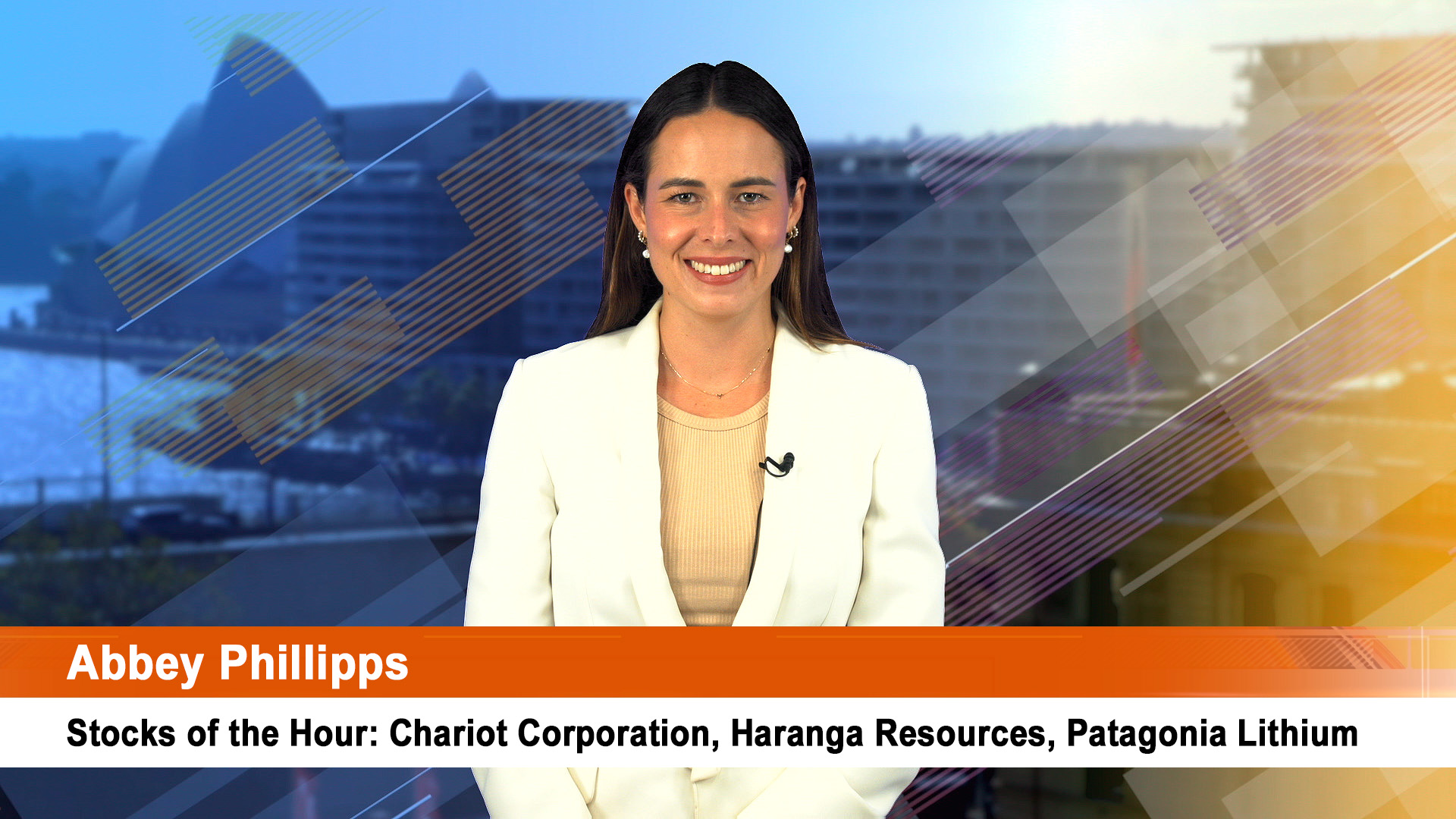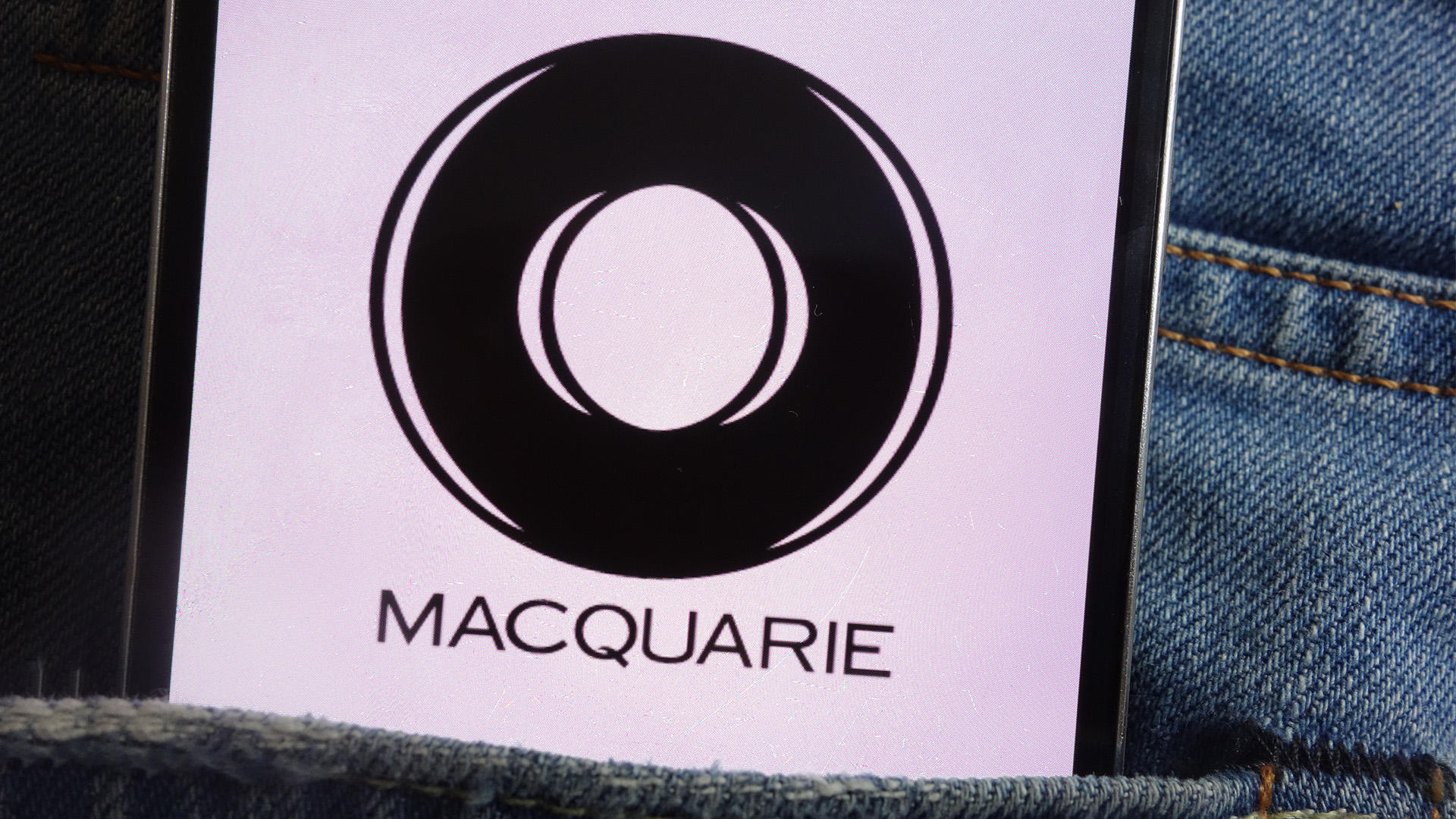
A year after the crunch hit, the world economy is looking tattered around the edges and growth is searching for new lows.
Inflation and unemployment are both on the rise as growth heads south, along with house prices and the prices of a wide range of other assets.
Now the question in more and more economies is; has the recession started?
The ‘R’ word is already being used to describe Japan, New Zealand and parts of Europe.
Next the UK, the US (which has already flirted with a contraction in the last quarter of 2007) and Australia?
Overnight the Bank of England left its key interest rate on hold at 5% as it watched the British economy slide further.
In doing that it joined the US Fed and the Australian Reserve Bank in resisting any urge to change rates.
And the European Central Bank also left its key rate steady at 4.25% and questioned whether growth in the eurozone would hold up in coming months. The answer to that query seems to be ‘no’..

But while the European, UK, British and Australian economies are all showing signs of weakness, only the RBA had to policy room to switch to a rate cut stance, and signal it vigorously.
The Reserve Bank publishes its latest economic and inflation forecasts next Monday and the Bank of England does likewise.
It will be easy to see from reading both statements, just which is the better placed economy (Australia) and which central bank has more room to move in future months to accommodate any further weakness (Australia).
The UK remains strangled by plunging house prices.
The house price index published by the mortgage lender Halifax on Thursday showed prices fell a further 1.7% last month, contributing to a year on year fall of 11% for an average house.
That means prices have returned to the level they were at more than two years ago.
Investment bank, UBS has dropped its world growth forecast and says global economy is "precariously close” to a recession in 2009.
UBS said as it cut next year’s global growth forecast due to the continuing US slowdown.
UBS said it sees the world’s gross domestic product growing by 2.9% next year, down from an earlier prediction of 3.1%. UBS said it considers a 2.5% global growth rate as one that is consistent with a recession.
"Softer global economic activity for longer suggests peaking and then declining inflation. A sustainable recovery of ‘risk’ assets probably requires policy recognition that the primary macroeconomic challenge remains weak growth, not temporarily high inflation.”
"After some rather dismal high frequency data, especially the surprisingly weak US consumption data, we have decided to shave our US average growth forecast for 2008 by 0.3 percentage points to 1.3%.
"Our expectations for the business cycle this year remain unchanged: negative or insignificant growth rates in the first half, a rebound in the third quarter and a return to low growth at year-end and into 2009.
"Europe’s business cycle trails the US cycle by two to three quarters.
"We have trimmed our 2009 growth forecasts in particular, down from 1.7% to 1.2% now for the EMU.
"We have also downgraded Japan in view of its uninspiring domestic demand data as well as the strengthening of the yen. Growth in the large emerging markets remains healthy so far."
"Until policy stances shift, credit and equity markets will have to contend with cyclical weakness and probable earnings downgrades, in particular for 2009 estimates.”
According to a report from the IMF on July 17, the global economy will expand 4.1% in 2008, and 3.9% next year, as it increased its estimates from projections in April.
The European Central Bank (ECB) left its rate steady as it, like the US and the UK had to face up to the twins problems of a slumping economy and persistently high inflation.
The ECB lifted its rate by 0.25% last month and there are those still wondering if that was a rise too many.
Those who say that point to economic activity across the region slowing, especially in Germany where second quarter growth is almost certainly to have contracted by around 1%.
At 4.1% inflation in the eurozone is more than double the ECB’s target of "close to, but just below 2 per cent", but it’s less than the US rate of 5%, and Australia’s rate of 4.5%.
German manufacturing orders intake dropped 2.9% in June from May: UBS said this was the seventh consecutive drop in orders and the result was much weaker than expected.
"(The) weakness was driven largely by foreign orders, especially from other Eurozone countries. The numbers bode ill for production in coming months."
Germany seems to have hit a big hole as its export driven economy is hit by the growing global slowdown. German economic growth will be down when the second quarter figures are released shortly, compared to strong growth in the first three months.
In London The Bank of England decision on rates was overtaken by the International Monetary Fund which delivered some bad news to the British Government that the BoE has undoubtedly delivered, but not been acknowledged.
The IMF slashed its growth forecasts for the British economy and said that high inflation argued against a cut in interest rates by the Bank of England. The central bank obviously listened to that part of the IMF message.
The Fund now expects 2008 economic growth to be an annual 1.4%; falling to just 1.1% next year: that’s down from the 1.8% and 1.7% forecasts last month.
"So far in 2008, evidence points to













